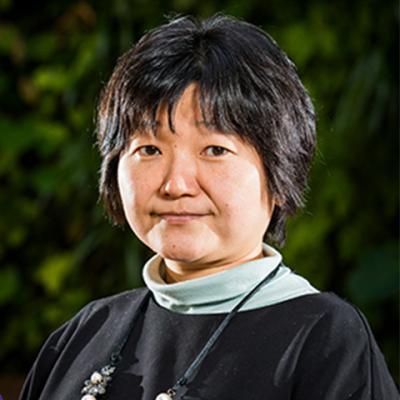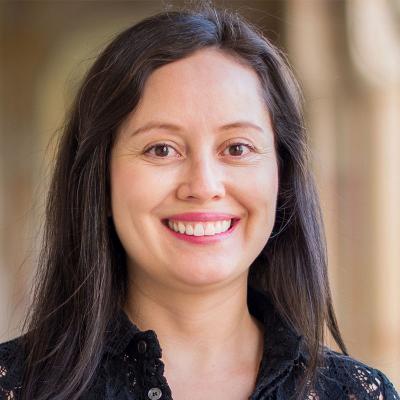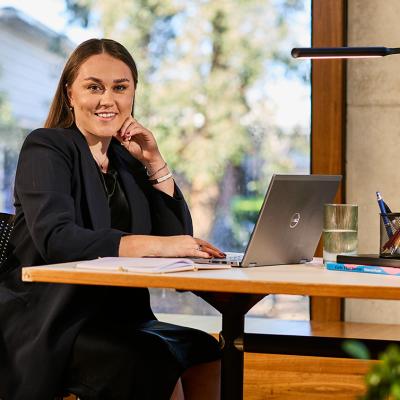From household budgeting to international policy, finance and economics impact the daily lives of individuals and communities around the world – in ways you mightn’t even notice. Despite being two distinct disciplines, finance and economics often interconnect and can sometimes appear to be interchangeable.
You may be left wondering how each area of study differs from the other, how they intersect, and why it even matters.
If you’re curious about expanding your career opportunities with postgraduate study in finance, economics or a unique combination of both, it may be helpful to break down these complex topics and start off with the basics.
What is finance?
Finance can be understood as the management of money. As an area of study, finance looks at wealth, currency and capital assets, such as property and stocks.
Broadly speaking, finance can be categorised into 3 distinct groups:
- personal finance
- corporate finance
- public finance.
If you work in finance, your job may involve investing, lending, budgeting and forecasting on behalf of individuals, organisations or governments. Financial practices can include understanding cash flow, profit, interest rates, relationships with shareholders, risk and return, and creating value.
What is economics?
Economics is a branch of knowledge connected to everyday life in different ways throughout history and societies. It's often concerned with the production, exchange, consumption and scarcity of wealth and resources.
As a social science, economics can be used to analyse the behaviour of individuals or groups by looking closer at what makes people act on certain choices. Governments of all countries are advised by economists to implement various policies to run the country well.
Key differences between studying finance and economics
The differences between these 2 distinct fields are important to note – especially when you’re considering which is best suited to your career ambitions.
“By studying finance, you will learn more about how to manage funds available to individuals or firms, while studying economics will give you an opportunity to learn how to apply economics policies and tools to deal with various economic issues like poverty or economic growth to govern a country well.”
- Associate Professor Shino Takayama, Deputy Director Teaching and Learning, UQ School of Economics
A finance degree can typically involve practical courses in accounting, financial reporting, quantitative analysis and corporate finance.
By studying finance, you can gain the knowledge and ability to:
- source suitable investors to borrow money
- create budgets to plan the spending of organisations
- lend funds in the form of a loan for property or other large expenses.
Think finance could be for you? Learn more about UQ's 1-year Master of Finance and Investment Management.
While finance in a lot of ways can be defined by the direct use and management of money, economics considers both material and non-material resources and how the scarcity of resources can impact local or global markets, goods and services, and human behaviour. An economics degree may involve mathematics, statistics, micro and macroeconomics, and a variety of economic theory.
By studying economics, you can learn how to:
- measure the total value of a country’s gross domestic product
- analyse government policies on trade, tax and investment
- examine the impact of supply and demand when innovating new products.
Think economics could be for you? You can specialise in Applied Econometrics, Economics and Public Policy or Health Economics as part of the UQ Master of Economics.
Can’t choose between studying finance and economics?
By studying finance and economics and creating a specialty informed by both disciplines, you can equip yourself with a distinctive skillset.
Rameez Tayob found his experience studying UQ’s Master of International Economics and Finance diversified his proficiency across economics and finance on a corporate and international scale.
“Studying a master’s that incorporates both finance and economics has allowed me to see how the various unique concepts in economics and finance overlap in the commercial world,” he says.
“When creating financial models, you can identify predictions that are derived from economic indicators.”
By combining finance and economics in the same master’s degree, the Master of International Economics and Finance taught him the advanced analytical and modelling skills needed to succeed in data analytics, business strategy and risk advisory on a global scale.
Whether you study economics, finance or both, you can rest assured you'll be getting a world-class education here at UQ. We’ve been ranked among the top universities in the country by the Australian Financial Review for 3 consecutive years, claiming the #1 spot in 2023 and 2024, and #2 in 2025.
Start an economics and finance degree from any discipline
If you’re considering study in a new field outside your existing skillset, Dr Shino Takayama advises a key aspect of the Master of International Economics and Finance is that newly enrolled students don’t need to have any prior knowledge of economics or finance.
“The Master of International Economics and Finance creates a holistic student journey that develops key innovative skills in both international economics and finance,” she says.
“Students in the program experience a flexible learning journey that provides the necessary foundations in economics and hands-on application of economic theory and techniques.”
Shino emphasises the program’s focus on offering strong foundational courses to ensure students can diversify their capabilities, so they’re well positioned for employability.
"The Master of International Economics and Finance aims to enhance existing skills obtained during undergraduate studies and work experience,” Shino says.
“With this degree, a variety of future career paths around the world are open to you, including work in academia, policy and legislation, or corporate environments such as banks or market research companies.”
Learn how to contribute meaningful insights and innovative solutions in different economies around the world with the UQ Master of International Economics and Finance.
This article has been updated since its original publish date to ensure accuracy of information. The views, opinions and details of the people featured in this article are true as of 13 December 2022.







